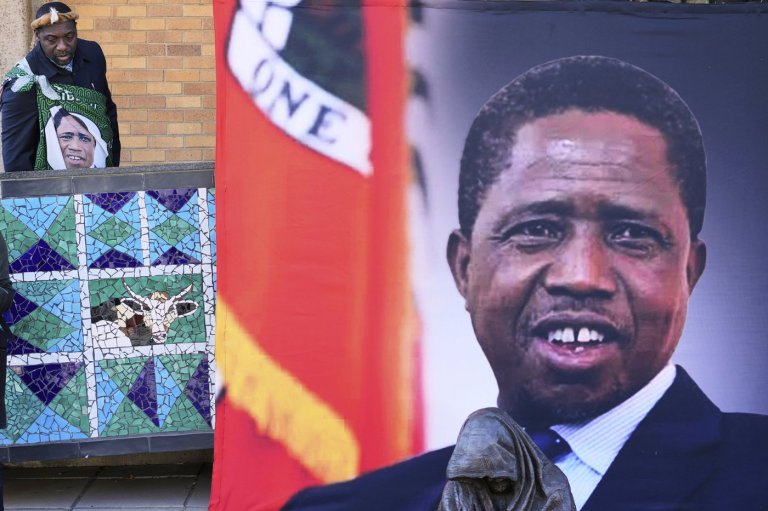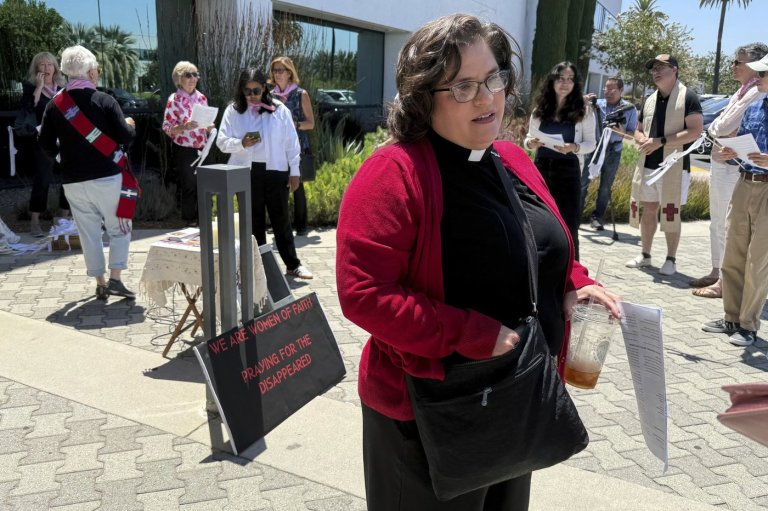
At UN, US envoy stresses ‘commitment’ to European alliances
U.S. Ambassador Nikki Haley on Tuesday underlined America’s “total commitment” to its European allies, echoing recent assurances by other administration figures to European leaders anxious about President Donald Trump.
Haley told U.N. Security Council members that Washington won’t waver in supporting the NATO military alliance and “looks forward to improving our co-operation” with the European Union.
“The United States may, from time to time, disagree with EU perspectives, as friends do,” she said, but “no one should interpret occasional policy differences and debates as a signal of anything less than total commitment to our alliances in Europe.”
Some European leaders have been on edge about Trump, who once called NATO “obsolete,” has been supportive of Britain’s vote last year to leave the 28-nation EU and has taken aim at multinational trade deals.
While campaigning, Trump had warm words for Russian President Vladimir Putin, which rattled European allies concerned about Russia’s aggressiveness, including its annexation of Ukraine’s Crimea Peninsula.
Since becoming president, Trump has tempered his rhetoric about Russia and stressed the importance of NATO during telephone conversations with multiple foreign leaders.
In recent days, Vice-President Mike Pence and other high-ranking members of Trump’s administration have been in Europe pledging America’s continued partnership with its allies and continued pressure on Russia to do its part to end fighting between Ukrainian forces and Russia-backed separatists in eastern Ukraine. The conflict has killed more than 9,800 people in three years.
A 2015 agreement aimed at ending the conflict helped reduce fighting, but clashes have continued, and violence escalated earlier this month.
At the U.N., Haley underscored the administration’s assurances and reiterated that U.S. sanctions on Russia will remain in place until Crimea is returned to Ukraine.
“The United States thinks it’s possible to have a better relationship with Russia,” she said. “But greater co-operation with Russia cannot come at the expense of the security of our European friends and allies.”
Russia’s first deputy U.N. ambassador, Petr Iliichev, retorted that Ukraine was engaging in “military misadventures” and called on colleagues to “seek reciprocally acceptable solutions to crises in Europe.”
Ukrainian Foreign Minister Pavlo Klimkin, meanwhile, accused Russia of pursuing a strategy “to instigate, participate, support and then derail” in Ukraine.
Haley also criticized Russia’s recent decision to recognize passports issued by separatist authorities in eastern Ukraine as “another direct challenge to efforts to bring peace” there.
Russia characterizes its decision as a humanitarian move to help people who live in rebel-held regions blockaded by Ukrainian nationalists and says it doesn’t amount to recognizing the rebel regions.
Join the Conversation!
Want to share your thoughts, add context, or connect with others in your community? Create a free account to comment on stories, ask questions, and join meaningful discussions on our new site.



















Leave a Reply
You must be logged in to post a comment.